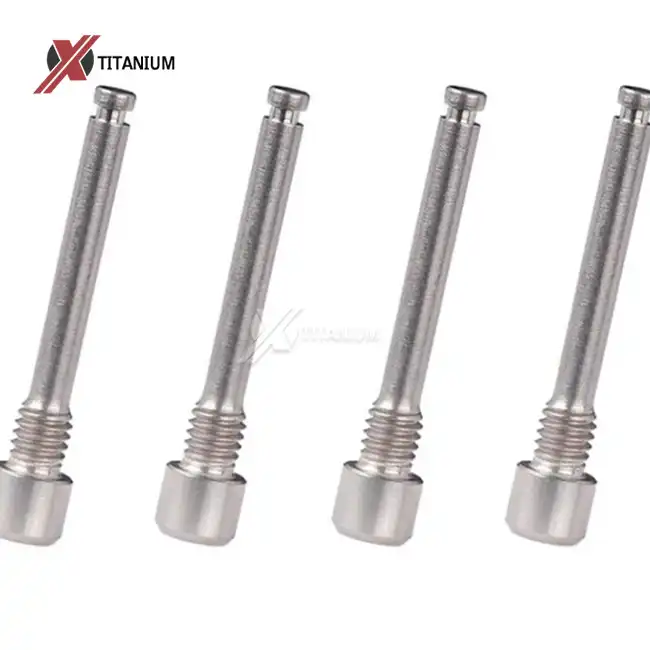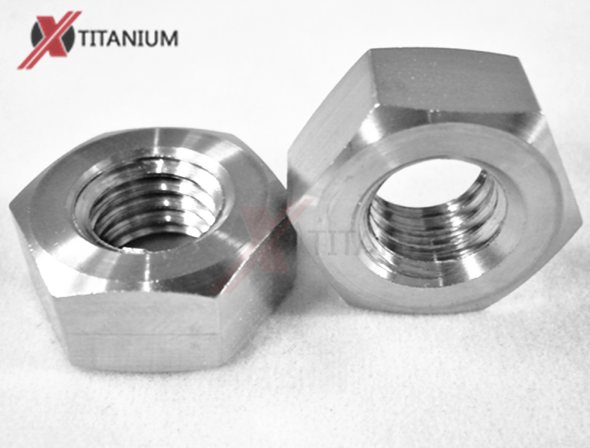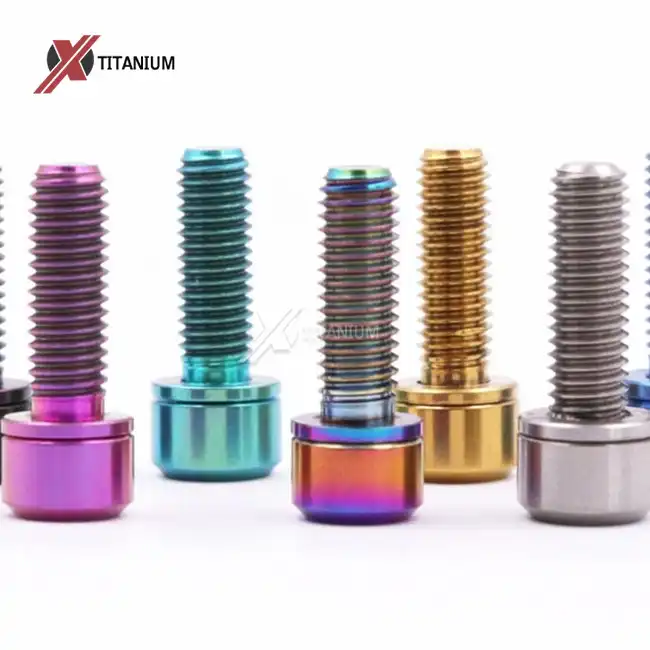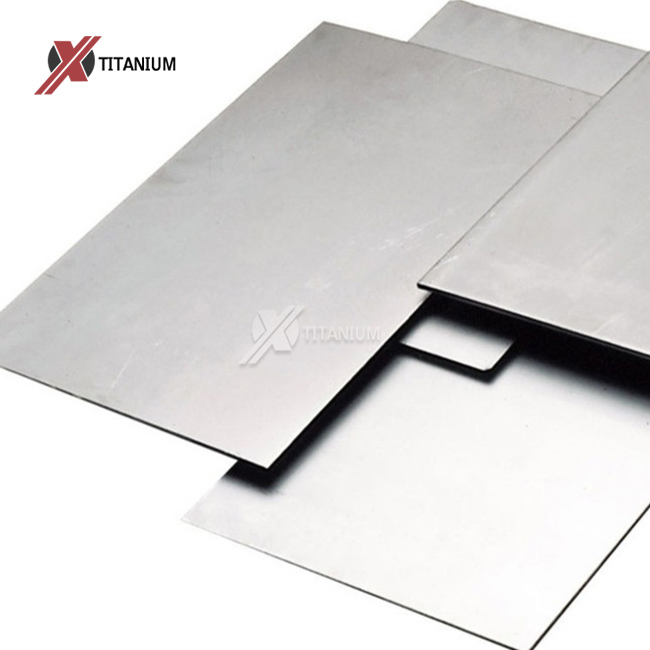- English
- French
- German
- Portuguese
- Spanish
- Russian
- Japanese
- Korean
- Arabic
- Greek
- German
- Turkish
- Italian
- Danish
- Romanian
- Indonesian
- Czech
- Afrikaans
- Swedish
- Polish
- Basque
- Catalan
- Esperanto
- Hindi
- Lao
- Albanian
- Amharic
- Armenian
- Azerbaijani
- Belarusian
- Bengali
- Bosnian
- Bulgarian
- Cebuano
- Chichewa
- Corsican
- Croatian
- Dutch
- Estonian
- Filipino
- Finnish
- Frisian
- Galician
- Georgian
- Gujarati
- Haitian
- Hausa
- Hawaiian
- Hebrew
- Hmong
- Hungarian
- Icelandic
- Igbo
- Javanese
- Kannada
- Kazakh
- Khmer
- Kurdish
- Kyrgyz
- Latin
- Latvian
- Lithuanian
- Luxembou..
- Macedonian
- Malagasy
- Malay
- Malayalam
- Maltese
- Maori
- Marathi
- Mongolian
- Burmese
- Nepali
- Norwegian
- Pashto
- Persian
- Punjabi
- Serbian
- Sesotho
- Sinhala
- Slovak
- Slovenian
- Somali
- Samoan
- Scots Gaelic
- Shona
- Sindhi
- Sundanese
- Swahili
- Tajik
- Tamil
- Telugu
- Thai
- Ukrainian
- Urdu
- Uzbek
- Vietnamese
- Welsh
- Xhosa
- Yiddish
- Yoruba
- Zulu
How Do Titanium Stud Bolts Contribute to the Longevity and Performance of Industrial Equipment?
Titanium stud bolts are increasingly being recognized for their exceptional performance and durability, particularly in industrial applications. Known for their resistance to corrosion, high strength-to-weight ratio, and remarkable ability to perform under extreme conditions, titanium fasteners are essential in enhancing the longevity and performance of industrial machinery.
In industries where downtime is costly and equipment reliability is critical, selecting the right fastener material can make a significant difference. Titanium stud bolts, with their advanced properties, are becoming the go-to choice for heavy-duty machinery and equipment that must withstand constant wear, high temperatures, and corrosive environments. In this blog, we will explore how titanium stud bolts contribute to the extended lifespan and efficiency of industrial equipment and discuss the industries that benefit the most from these high-performance fasteners.
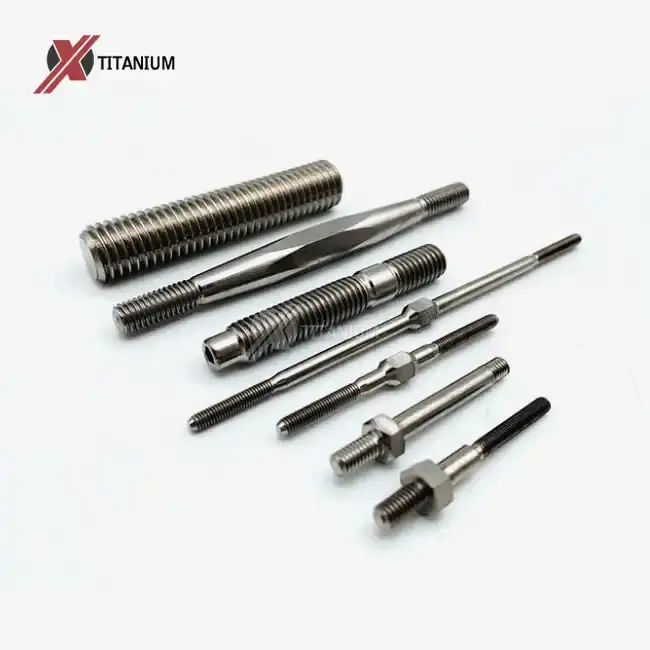
What Makes Titanium Stud Bolts Resistant to Wear and Tear in Industrial Settings?
In industrial settings, equipment is often subjected to high mechanical loads, extreme temperatures, and frequent vibration. The materials used in these environments must be able to withstand continuous wear and tear without losing their structural integrity. Titanium stud bolts offer a unique combination of properties that make them highly resistant to these damaging forces.
Hardness and Durability
Titanium stud bolts are known for their exceptional hardness, which allows them to endure prolonged exposure to mechanical stress and friction without showing signs of wear. Unlike softer metals, which may deform or wear down over time, titanium’s hardness ensures that the fasteners maintain their form and function for extended periods, even under heavy loads. This is especially critical in industrial machinery where the safety and longevity of components depend on the reliability of fasteners.
Fatigue Resistance
Another crucial property of titanium stud bolts is their excellent fatigue resistance. In industrial machinery, parts are often subjected to repetitive stress, which can lead to the development of cracks and eventually, component failure. Titanium’s ability to resist the development of fatigue cracks ensures that stud bolts last longer and continue to perform at a high level, even under constant cycling loads.
Resistance to Abrasive Wear
In addition to mechanical wear, many industrial applications involve abrasive environments where dust, grit, and other particles can cause significant damage to components. Titanium’s surface hardness makes it resistant to abrasive wear, preventing fasteners from becoming worn down or damaged by these external forces. This is particularly important in industries such as mining, where equipment often operates in rough, abrasive conditions.
How Can Titanium Stud Bolts Improve the Efficiency of Heavy Machinery?
Efficiency is a critical factor in the performance of heavy machinery. Whether it's reducing energy consumption, improving speed, or decreasing maintenance costs, using the right materials for fasteners can make a significant impact on the overall efficiency of machinery. Titanium stud bolts contribute to this efficiency in several ways.
Lightweight Design
One of the most well-known advantages of titanium is its high strength-to-weight ratio. Titanium is as strong as steel but much lighter, making it an ideal material for machinery that requires durable components without adding unnecessary weight. In heavy machinery, reducing the weight of fasteners helps lower the overall weight of the equipment, which can improve speed, reduce energy consumption, and enhance fuel efficiency.
For instance, in automotive or aerospace applications, using titanium stud bolts instead of heavier materials can result in improved performance and efficiency. The reduced weight leads to less strain on the engine, allowing for higher speeds and better fuel economy, while the strength of the fasteners ensures that the machine operates safely under load.
Corrosion Resistance for Lower Maintenance Costs
One of the most significant benefits of using titanium stud bolts in industrial machinery is their resistance to corrosion. In many industrial environments, components are exposed to harsh chemicals, moisture, and other corrosive elements that can lead to rust, degradation, and eventual failure. Titanium’s natural resistance to corrosion ensures that it maintains its strength and durability in such conditions, reducing the need for frequent replacements and repairs.
In industries like chemical processing, marine operations, and offshore drilling, where equipment is constantly exposed to corrosive substances, titanium stud bolts help minimize maintenance costs by extending the lifespan of the machinery and preventing premature failure.
Improved Performance in Extreme Temperatures
Many industrial applications involve exposure to extreme temperatures, whether it’s high heat from engines, furnaces, or exhaust systems, or freezing temperatures in cold-storage environments. Titanium stud bolts are capable of withstanding these extreme temperature fluctuations without losing their strength or structural integrity.
This ability to perform at both high and low temperatures is essential in industries like aerospace, automotive, and power generation, where machines must operate in environments ranging from scorching hot to freezing cold. Titanium’s thermal stability ensures that stud bolts maintain their performance, contributing to the overall efficiency of the machinery.
What Are the Key Industries Benefiting from Titanium Stud Bolts’ Durability?
Titanium stud bolts are indispensable in several industries that require high-performance fasteners to ensure the longevity and reliability of their equipment. Some of the key industries benefiting from titanium’s durability include aerospace, automotive, chemical processing, and marine industries.
Aerospace
The aerospace industry relies heavily on high-strength, lightweight materials to ensure the safety and efficiency of aircraft. Titanium stud bolts are commonly used in aircraft engines, airframes, and landing gear due to their exceptional strength-to-weight ratio and resistance to fatigue and corrosion. These fasteners help ensure the integrity of critical components and enhance the overall performance of aircraft.
Moreover, titanium’s ability to withstand high temperatures is crucial in aerospace applications where engines operate at extremely high temperatures. Titanium stud bolts are used to secure vital engine components, ensuring they remain intact and functioning properly during flight.
Automotive
In the automotive industry, titanium stud bolts are used in high-performance vehicles, including sports cars and racing cars, to secure critical components such as engine parts and exhaust systems. Titanium’s combination of strength, light weight, and heat resistance makes it an ideal material for performance vehicles that require fasteners capable of enduring the stresses of high-speed driving and extreme temperatures.
Additionally, titanium is being used more widely in consumer vehicles as automakers seek to reduce vehicle weight and improve fuel efficiency. Titanium stud bolts help lower the weight of key components, contributing to overall energy savings and enhanced vehicle performance.
Chemical Processing
The chemical processing industry often involves handling aggressive chemicals and corrosive environments that can quickly degrade traditional fasteners. Titanium’s resistance to corrosion and chemical attack makes it the material of choice for fasteners used in chemical reactors, pipelines, and storage tanks. By using titanium stud bolts, chemical plants can ensure the long-term durability of their equipment while reducing the risk of leaks and failures.
Marine and Offshore Engineering
In the marine and offshore industries, where equipment is regularly exposed to saltwater and harsh environmental conditions, titanium stud bolts are used to ensure the durability of key components such as ship hulls, offshore platforms, and marine engines. The corrosion resistance of titanium ensures that fasteners remain intact and functional even in the most demanding marine environments, helping to avoid costly maintenance and repairs.
Conclusion
Titanium stud bolts are essential for enhancing the performance, longevity, and reliability of industrial equipment. Their superior strength, lightweight properties, and exceptional resistance to wear, fatigue, corrosion, and extreme temperatures make them the go-to fastener choice for industries that demand the highest performance. By using titanium fasteners, industries can reduce maintenance costs, improve equipment efficiency, and extend the lifespan of critical machinery.
As industries continue to innovate and push the limits of performance, titanium stud bolts will remain a critical component in ensuring the reliability and longevity of the equipment that drives our modern economy.
References
-
Smith, J.R. (2021). "Advanced Materials in Aerospace: The Role of Pure Titanium". Journal of Aerospace Engineering, 45(3), 234-248.
-
Johnson, A.M. & Williams, P.K. (2020). "Biocompatibility of Titanium in Medical Implants: A Comprehensive Review". Biomaterials Science, 8(12), 3301-3320.
-
Chen, Y., et al. (2019). "Corrosion Behavior of Pure Titanium in Marine Environments". Corrosion Science, 152, 120-133.
-
Patel, R.N. & Thompson, L.E. (2022). "Manufacturing Processes for High-Quality Titanium Plates". Advanced Materials Processing, 180(5), 45-58.
-
Garcia, M.S., et al. (2023). "Applications of Pure Titanium in Sustainable Architecture". Architectural Engineering and Design Management, 19(2), 178-195.
Learn about our latest products and discounts through SMS or email
